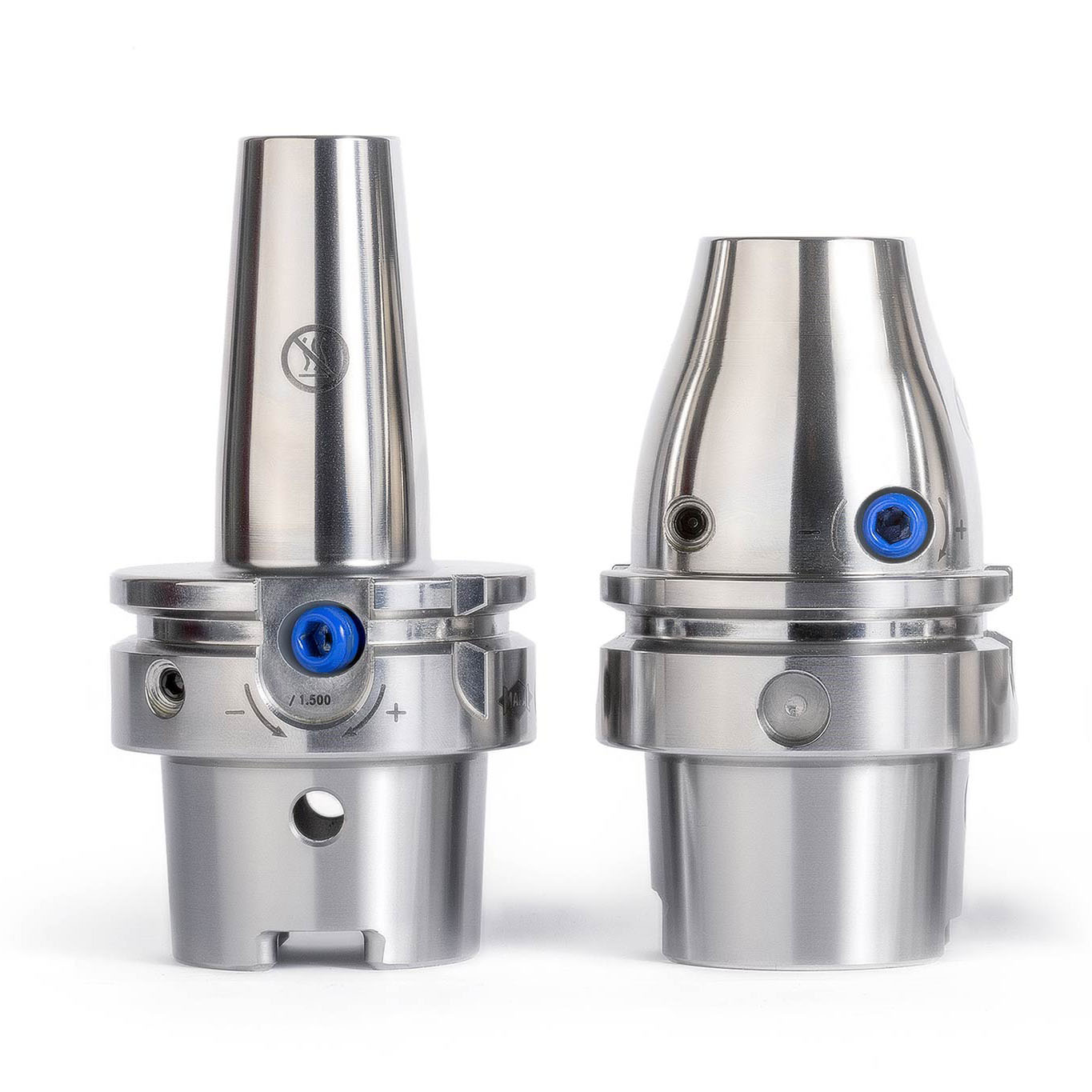MANDRINO A SERRAGGIO IDRAULICO UNIQ
Ridefinizione dell’efficienza energetica e della sicurezza sul lavoro
In termini di sostenibilità ed efficienza, il mandrino a serraggio idraulico UNIQ è più di un’alternativa ai tradizionali mandrini a calettamento termico. Uno dei vantaggi principali risiede nel notevole risparmio energetico, poiché si evitano i processi di calettamento ad alto consumo energetico. Con un approccio puramente meccanico al serraggio dell’utensile, il mandrino a serraggio idraulico limita drasticamente il consumo energetico, contribuendo a ridurre le emissioni di CO2. Inoltre, grazie all’eliminazione di molte operazioni di calettamento, si evita l’affaticamento del materiale e i mandrini di serraggio conseguono una vita utile dell’utensile dieci volte superiore.
Un altro vantaggio risiede nell’elevato livello di sicurezza sul lavoro. A differenza dei mandrini a calettamento termico, infatti, i mandrini a serraggio idraulico non richiedono l’utilizzo di speciali dispositivi di calettamento, che comportano un notevole rischio di lesioni. Gli utenti ottengono, per di più, una maggiore durata dell’utensile grazie al controllo preciso della forza di serraggio, riducendo così al minimo il consumo di risorse. Inoltre, considerata la sua conformità alla norma DIN relativa all’ingombro dell’utensile, il mandrino a serraggio idraulico UNIQ è una scelta convincente in termini di sostenibilità ed efficienza.






